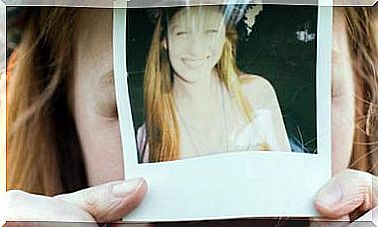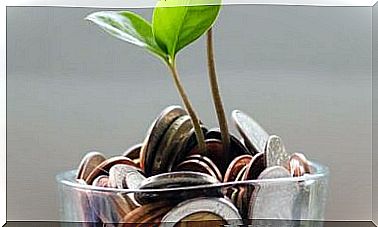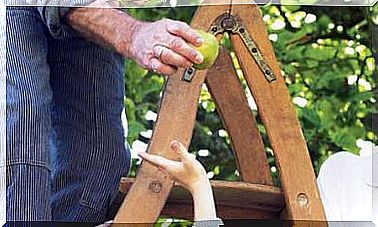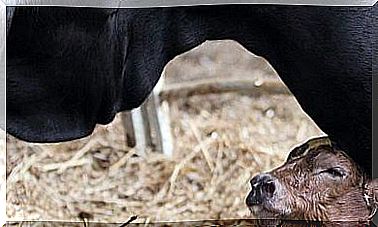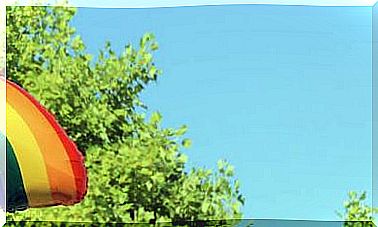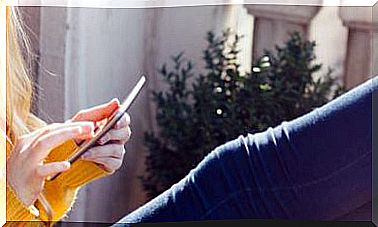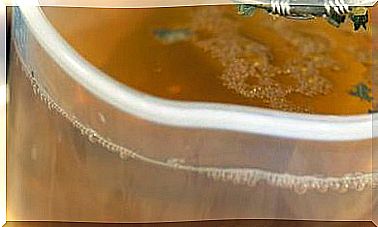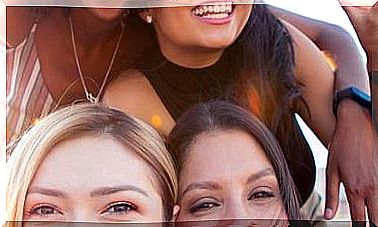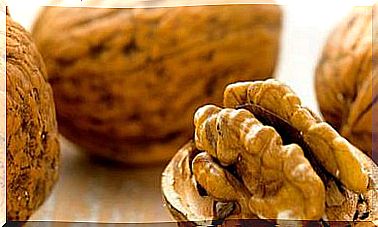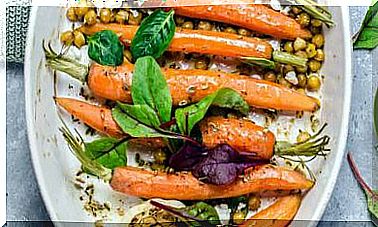“The Disease Asks Us To Look Inside”
Michel Odoul, psychoenergetic specialist, deciphers body language and symptoms to help us become aware of their meaning.
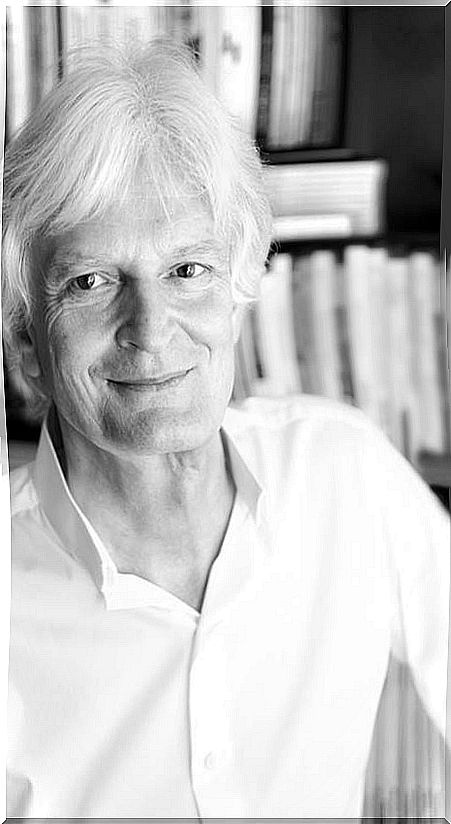
“My aikido teacher was a great shiatsu teacher. My wife suffered from pain in her knee and, despite having visited different specialists, she was still lame. They told her that they couldn’t do anything because she had nothing.
My teacher stretched it out on a tatami, worked on a spot at ankle level, and after screaming in pain, my wife never complained about her knee again. I was fascinated.
The shiatsu, based on the principles of traditional Chinese medicine, provides answers where Western medicine has not, teaches listen to the body and not only unlocks tension, but the energy.
That meant a revolution for me “, says Michel Odoul, who from then on was trained in shiatsu, Chinese medicine and psychology, and years later developed the bases of psychoenergetics collected in his works Tell me what hurts you and I’ll tell you why ( Ed. Robinbook) and Dis-moi quand tu as mal, je te dirai pourquoi (” Tell me when it hurts and I’ll tell you why “) (Ed. Albin Michel).
He assures that we are not facing something magical that always works, but it has spectacular cures.
“Life is not intended to make us stumble, but rather that the traveler reaches his destination”
“Does a bodily symptom always have a meaning?”
—The relationship we maintain with life is constantly reflected in the body. The body and its organic functions are in complete resonance with our psyche, and vice versa.
An example: the stomach is an organ that digests matter and is in resonance with those parts of us that manage matter on the psychic plane.
If I worry a lot about material matters, as is the case with businessmen, I will continually require the energy of the stomach, so it is not surprising that stomach ulcer is a frequent pathology in this profession.
The body is a mirror of the psyche, and the soul or psyche, a mirror of the body. For this reason, if I suffer tension in any area of the body, I must ask myself in which deeper planes of me there is also tension.
– Would you say that the disease is part of a process of personal growth?
“Yes, it is something similar to what happens to insects when they mutate.” At one point in the process they get trapped in their shell and need to break it to get out of it and build a bigger one.
The rupture of the shell is extremely painful and involves a brutal effort. When they abandon the old shell, that is, when they abandon their old customs, their old references and ways of thinking, until they are able to build a new one, they go through a phase of great vulnerability, such as that suffered by the sick person.
Therefore, it requires answers that protect it and help build its other shell. In some cases, the sense of the disease exceeds the capacities of the individual to manage it. It is essential for healing, but first you have to take care of the person and repair the loneliness that has triggered the breaking of the shell.
“The disease forces us to stop and reflect”
– What questions help to find the meaning of a disease?
—The very fact of wondering about the origin of the disease already helps, because I come out of the black hole of suffering that absorbs me completely and the reconnection with oneself is reestablished.
Then there are two key questions: the first is “what forces me or what prevents me from doing this symptom?”, And the second: “why is this happening to me at this moment? What is happening in my life? what can I relate this disease? “.
I can relate back pain to having carried a lot of weight, but is this the first time I have carried something heavy? Certainly not. So why has carrying weight triggered pain now?
The disease forces us to stop and reflect, to be alone with ourselves and to attend to our being.
“If I have pain in my knees, what would you say to me?”
—Legs are a vector of relationship with others and with the world. They allow me to move forward and move, whether in relational or physical space.
The knee joint makes it easy for me to bend or get on my knees. It is the door to the acceptance of what has been lived. If my knee hurts, I am in a phase where I have difficulty accepting something that happens in relation to someone or in my environment.
“And a tension in the shoulders?”
“The shoulders are the expression of my capacity for action.” The energy cannot pass into the arms and remains stagnant in the shoulders.
From the nape of the neck comes to the shoulders – an area in which my beliefs about what I forbid myself or do not feel capable -, the sensation of not being able to act, what I feel that others prevent me from carrying out. The tension in the shoulders usually means that I feel “prevented from …”.
“A condition in the throat, what can it be related to?”
—Any element related to the expression of oneself passes through the throat, not only the ability to speak, but also the expression through the gesture, the drawing …
Clavicles are born from the throat, a word that comes from Latin and means “little keys”. These continue towards the shoulders, which as we have said resonate with the ability to act. Therefore, a throat condition is related to a difficulty in expressing ourselves, but also in acting and embodying our desires.
Frequent angina in the child represents his difficulty to solidify his ability to say “no”, to say “I”.
The thyroid also resides in the throat, which is shaped like a butterfly and is the part of ourselves that allows us to fly, that is, it facilitates liberation through the ability to express ourselves. But the therapist is not the one who says what is hidden behind a disease, but who guides the patient to write his story.
“We are responsible for our life”
“Would you say we are responsible for our illness?”
—We are responsible for our life, even when it takes us where we don’t want to go, because the true owner of our life is our inner being.
The “I” thinks it is in command, but it is not. I am responsible for my life and my illness, but I have not done anything wrong nor should I feel guilty about it …
Life is not intended to make us stumble, but rather that the traveler reaches his destination. The discomfort of the trip is more related to the way the traveler drives. Every behavior and every gesture affects both our health and humanity.
—It is difficult to maintain the balance that well-being requires in such an unbalanced world…
—Yes, especially when we are led to believe that it is simple! It is difficult to eat well, for example. Taking the time to read labels is the least necessary.
The same thing happens on the psychic plane. You have to strive to find what really pacifies the soul in a society where there is no room for silence and we are always busy. But if we do not make this effort, life will take us to the depths of ourselves at some point, forcing us to attend to what is happening inside us.
-What can we do?
—In the East, importance is given to the fact of nourishing oneself with awareness, eating with the five senses, instead of doing it while we watch TV.
Eating like this means ingesting inert matter. Before, the time to eat was a time of meditation, in which the table was blessed. It would be good to turn food into a reunion with others, a reunion on the physical plane that also occurs in the subtle.
In the East, the secret of health depends on the ability of the person to live in unity. To recover that unity we cannot wait for the answer to come from outside. It is what the disease asks of us, that we look inward.
—How to know if we are on the road to health?
“If we feel good!” Health is built day by day and, just like we brush our teeth every day, we must remain attentive to ourselves.
Some will decide to meditate, others to pray or perform yoga asanas. It is also advisable to establish rituals, such as taking a physical and symbolic shower when we get home that cleanses us and takes away from what comes from outside, helping us to create a space for reconnection.
Jung said that the growth of being goes through lighting our dark areas, and we all have them. Life sends us winks so that we illuminate them. You just have to be vigilant.
Michel Odoul worked as an executive for years, but decided to take a radical turn in his life to dedicate himself to studying the relationship between body, mind and spirit. In 1996 he founded the Institut Français de Shiatsu and Applied Body Psychology in Paris, which he continues to direct today.
After years of experience in consulting, he collected his knowledge in the book Tell me what hurts you, and I’ll tell you why (published in Spanish by the Robinbook publishing house), of which more than 500,000 copies have been sold worldwide.
